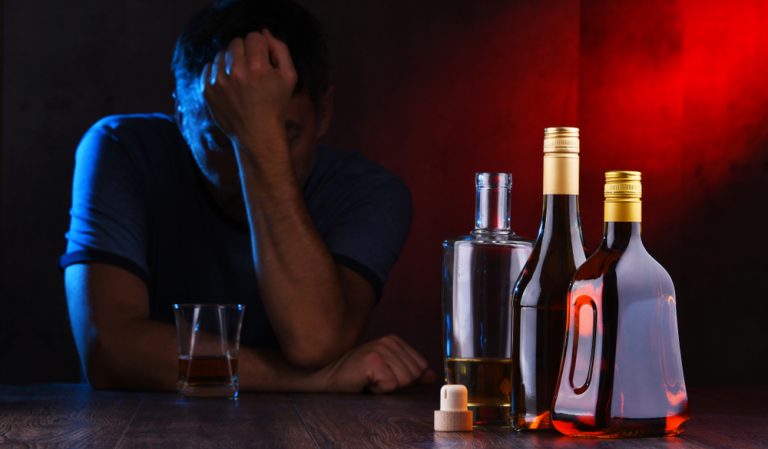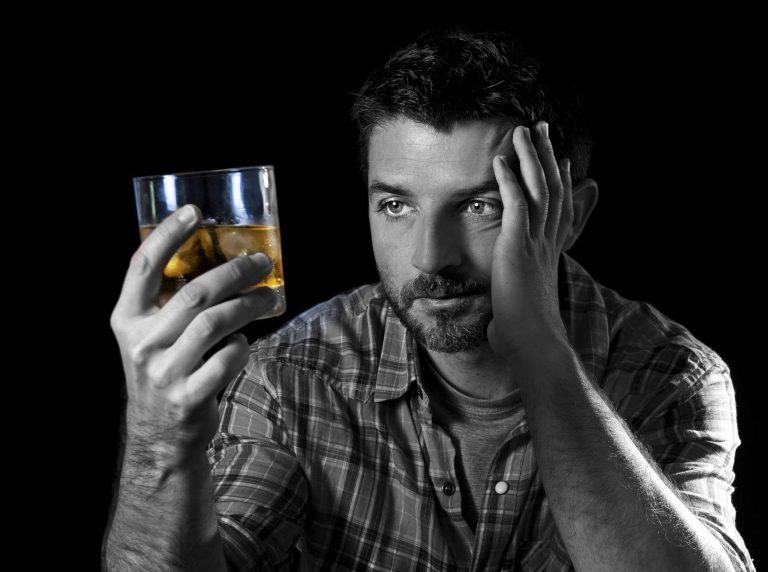What Are the 6 Stages of Addiction Recovery?
While the 12 steps in use today are based on the same ideas written by the founders of AA in the 1930s, the understanding of the term “God” has since broadened to refer to any “higher power” that a person believes in. Evidence-based guidelines can assist doctors with choosing the right treatment options. These guidelines help evaluate a patient’s clinical needs and situation to match them with the right level of care, in the most appropriate available setting. For more information on evidence-based guidelines visit Addiction Medicine Primer. Overcoming an SUD is not as simple as resisting the temptation to take drugs.
How to Find Drug and Alcohol Addiction Treatment Near Me
While many different types of recovery meetings exist, they all provide members with an opportunity to meet and support peers.10 Attending recovery meetings is also an effective way to build a sober support network. http://chudinov.ru/revolution-in-philosophy/ Developing an aftercare plan in early recovery can help prevent a relapse by providing an individual with support and allowing them to continue to work on issues surrounding their addiction. Once they feel established in their sobriety, they can also begin to give back to others who are newly sober.

How Do You Create an Aftercare Plan?
- It may include rediscovering a work or social role, finding new recreational interests, or developing a new sense of spiritual connection.
- The prospect of change engages people in an inner dialogue about hope, disappointment, and accountability.
- Because recovery involves growth, families need to learn and practice new patterns of interaction.
- It can also help teach people to feel empowered in their lives and reach their full potential.
- It is often a long and bumpy path, and relapse is nearly inevitable—but that doesn’t spell the end of recovery.
Drug rehab is designed to address both the physical and psychological aspects of addiction. While in rehab, patients are supported to stop using substances, with trained medical staff on hand 24/7 to oversee the https://how-to-success.net/what-is-the-most-useful-method-for-learning-graphic-design-theory/ detox process and manage any physical withdrawal symptoms. An addiction is a disorder characterized by the compulsive use of a substance or activity that triggers our reward systems despite experiencing adverse consequences. Addiction is widely viewed as a brain disease due to how it impacts the brain’s reward, pleasure, and self-control circuits.
Private Drug Rehab
Otherwise, their behavior is at risk of cementing the problem in place. Many people believe that they are powerless to change their own addictive behavior, and often it is a belief that keeps people addicted. The evidence shows that every day, people choose to recover from addiction on their own. One way or another, they learn and deploy a set of skills that help them get through the strong cravings and urges of the difficult early stages of recovery. Some of the most helpful strategies for dealing with cravings are summarized in the acronym DEADS. It may help to get an independent perspective from someone you trust and who knows you well.
These support groups and their recovery Steps provide social support to people when they need it. This support can help people stay off drugs or alcohol and make other positive changes in their lives, according to the National Institute on Drug Abuse. Rather than emphasizing powerlessness and embracing a higher power, the SMART Recovery approach emphasizes viewing substance use as a habit that people can learn to control.

Individuals may not progress linearly through https://childfest.ru/forum/forum.asp?id_parent=5903&page2=5&page=42 the stages of change; some take steps forward and then regress. For instance, someone aiming for alcohol abstinence may initially opt for moderation. The concept of recovery varies individually, with not everyone considering full abstinence as indicative of recovery.

- For many people, these groups may serve as their primary resource for changing their behavior, but they also often augment formal treatment.
- Even after you’ve completed initial treatment, ongoing treatment and support can help prevent a relapse.
- When looking for a recovery center to begin the treatment process, keep in mind that there is no treatment that is right for everybody.
- What must follow is the process of behavior change, through which the brain gradually rewires and renews itself.
- Men may benefit from therapies that focus on anger management, emotional regulation, and building social support.
Transitioning to an outpatient program can help them continue to address these issues. Once addicts realize their past powerlessness, they also must discern that they have a choice in their actions moving forward. Ironically, the admitting of powerlessness permits addicts to now have a say in their future behaviors. They no longer have to give in to their drug of choice because the recovery process of having hit “rock bottom” creates new opportunities to grow in a community with other like-minded people. Dr. DiClemente views motivation as a series of tasks, each integral to the process of change.
Recovery and Recovery Support

Withdrawal from different categories of drugs — such as depressants, stimulants or opioids — produces different side effects and requires different approaches. Detox may involve gradually reducing the dose of the drug or temporarily substituting other substances, such as methadone, buprenorphine, or a combination of buprenorphine and naloxone. The goal of detoxification, also called “detox” or withdrawal therapy, is to enable you to stop taking the addicting drug as quickly and safely as possible.
- Women and men can offer each other practical advice and emotional support, which can be particularly helpful when navigating the complexities of recovery while juggling family or work responsibilities.
- Overcoming an SUD is not as simple as resisting the temptation to take drugs.
- Your therapist or licensed counselor can help you locate a self-help support group.
The goal of alumni programs is to connect people with continued support. In-person events allow individuals to meet other people in recovery, discuss their experiences and struggles, and receive advice and encouragement. Many residential or inpatient addiction treatment centers offer alumni programs for people who have successfully completed treatment. Alumni programs provide tools and support to help individuals in recovery cope with addiction as they transition back home after treatment. Addiction recovery is a complex and nuanced process, and recognizing the diversity of individual experiences is crucial in developing effective strategies for sobriety. The concept of harm reduction, along with various modalities, offers a flexible and personalized approach to cater to the unique needs and circumstances of each individual on their journey to recovery.
